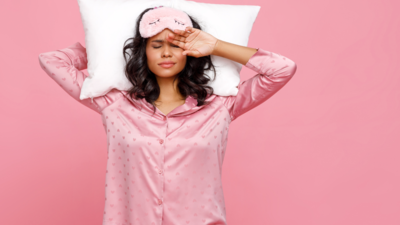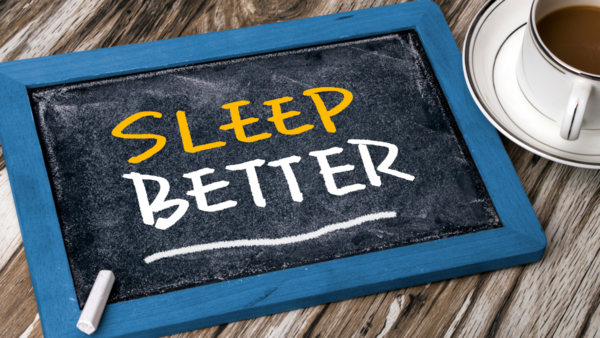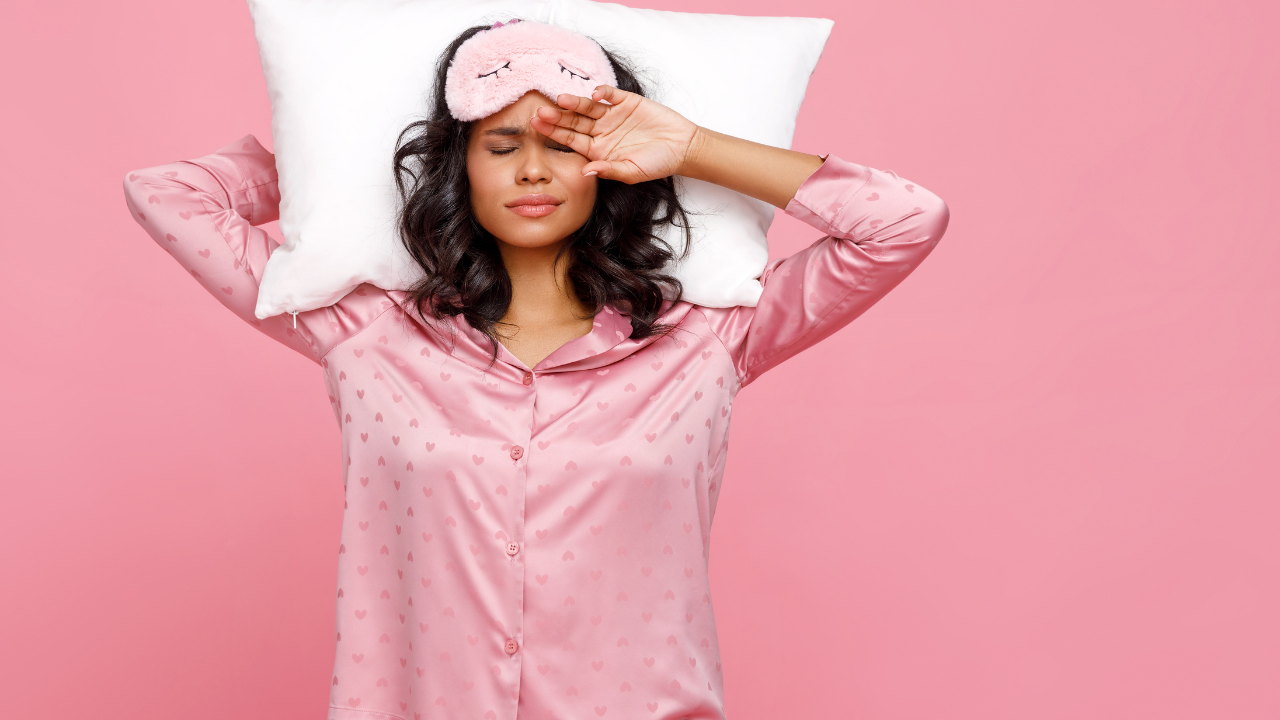Along with enhanced mood, more productivity, and decreased stress,
better sleep
also translates into a higher quality of life. To lessen tension and anxiety related to sleep, it is better to concentrate on small, lasting improvements rather than a flawless regimen, even if it might be challenging to get adjusted to a new sleep schedule. This advice should help you relax and make it simpler for you to fall asleep and have a good night’s sleep. Consider trying the 10-3-2-1-0 sleep regimen as an alternative to tossing around in bed. Here’s all you should know about it to begin:
What is 10-3-2-1-0 sleep rule?
A
pre-sleep routine
, the
10-3-2-1-0 rule
, aims to improve sleep quality. This sleep rule offers a simple routine to improve
sleep quality
by focusing on timing certain activities before bed.
The rule advises stopping caffeine intake 10 hours before sleep due to its stimulating effects and long half-life. This includes coffee, tea, energy drinks, and chocolate (almost anything that contains caffeine, even in trace amounts). Eating and alcohol consumption should cease 3 hours before bed to aid digestion and sleep cycles. Work should stop 2 hours before sleep to reduce anxiety and overstimulation. Screens should be avoided 1 hour before bed to minimize blue light exposure and mental stimulation. Finally, zero refers to the number of times one should hit the snooze button. The rule suggests eliminating hitting the snooze button, as it disrupts REM sleep.
Understanding the components of this sleep rule
The appropriate time to quit coffee before bed
Reducing coffee intake might be the first sleep-related recommendation that sprang to mind. 30 to 60 minutes after consumption, it starts to reach your bloodstream. Its half-life is three to five hours. Adenosine receptors that cause drowsiness are blocked by caffeine, which also decreases slow-wave sleep. Additionally, it may exacerbate restlessness and anxiety. The 10-3-2-1-0 rule does not need you to fully avoid caffeine. Rather, pay attention to when you take it so that it has time to leave your system before bed.
No food or alcohol before bed
Even while drinking alcohol right before bed may feel soothing, it frequently interferes with sleep. It results in numerous awakenings during the night and lower-quality sleep, which eventually leaves you feeling exhausted the following day.
Because some meals might cause heartburn (acid reflux) and interfere with sleep, it might also be helpful to avoid eating them three hours before bed. Fried, spicy, and high-fat foods are a few examples. Since they might also result in poor sleep quality, you might also want to stay away from items like candies, cookies, and desserts that have a lot of added sugar.
No more studying or work before bed
It’s not a good idea to do anything emotionally or cognitively demanding right before bed. Sleep is not like a light switch that you can turn on and off. “You need some time to relax.” To achieve a more calm state of mind, this entails stopping work, studying, and even watching stressful movies, sports, or the news two hours before bed. Furthermore, it is not advisable to engage in stimulating activities shortly before bed.
No screens an hour before you sleep
Eliminating screen time on all computers, TVs, and phones an hour before bed is the final step before bedtime. Your circadian rhythm may be adversely affected by nighttime exposure to artificial light. Your brain tells your body it’s time to go to sleep by releasing the hormone melatonin just before bed. Your natural sleepy period may be delayed if you use a blue light-emitting gadget, such as a smartphone, right before bed.
According to this sleep rule, the final hour before bed should primarily be spent in silence, free from intense artificial light that could wake you up. Put your phone in night mode, make your bedroom a screen-free zone, and establish a calming bedtime routine.
Not hitting snooze the following morning
Avoid clicking the snooze button on your alarm clock too often, since this will just cause your sleep-wake-sleep cycle to become more erratic. When sleep is complete and uninterrupted, it is more restorative for our health. If you find yourself reaching for the snooze every morning, try going to bed earlier rather than attempting to get a few more minutes in the morning after the first alarm goes off.
The 10-3-2-1-0 sleep rule helps prepare the body and mind for sleep. The 10-3-2-1-0 rule is “not really a rule at all—it’s a routine.” It offers guidelines for a consistent pre-sleep schedule. This routine can potentially improve
sleep hygiene habits
by offering a structured approach to preparing for sleep. While not a guaranteed solution, it provides a framework for establishing a consistent bedtime routine.
Sleep health dictates success of practicing mindfulness
I’m Manas Ranjan Sahoo: Founder of “Webtirety Software”. I’m a Full-time Software Professional and an aspiring entrepreneur, dedicated to growing this platform as large as possible. I love to Write Blogs on Software, Mobile applications, Web Technology, eCommerce, SEO, and about My experience with Life.





